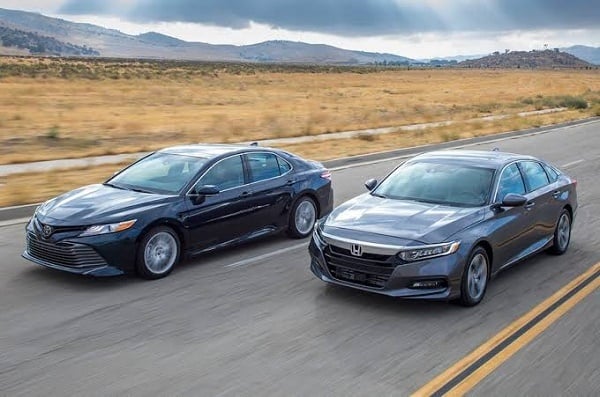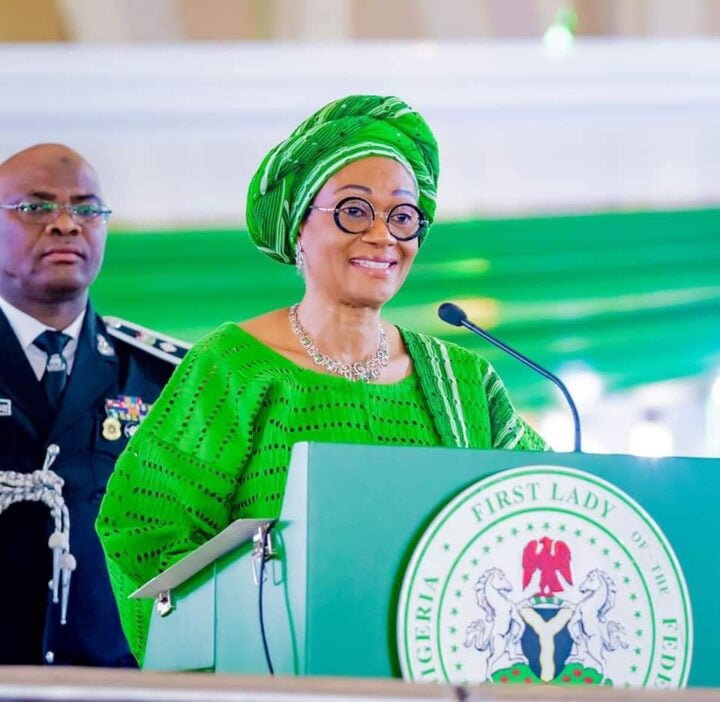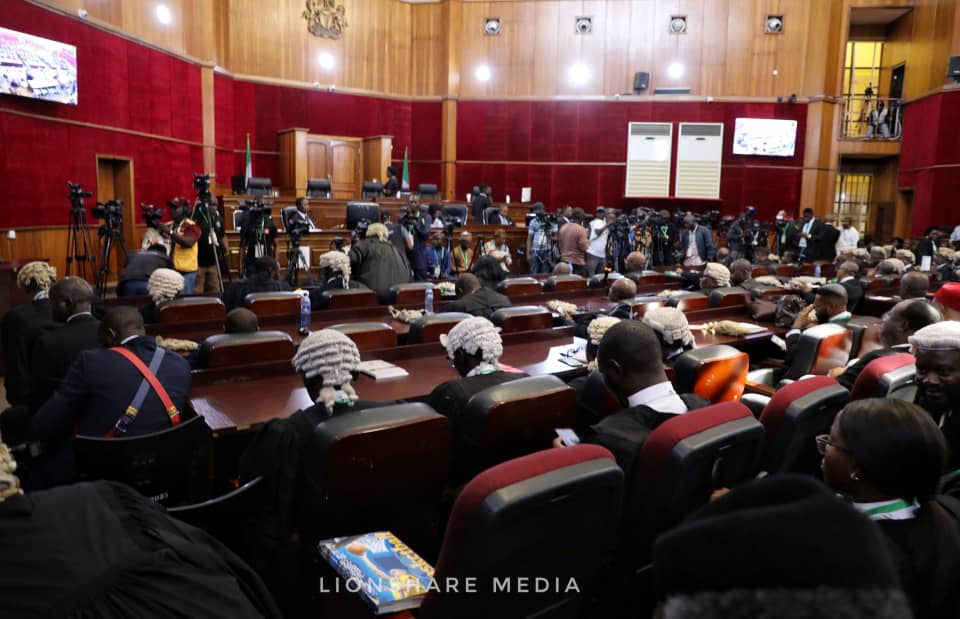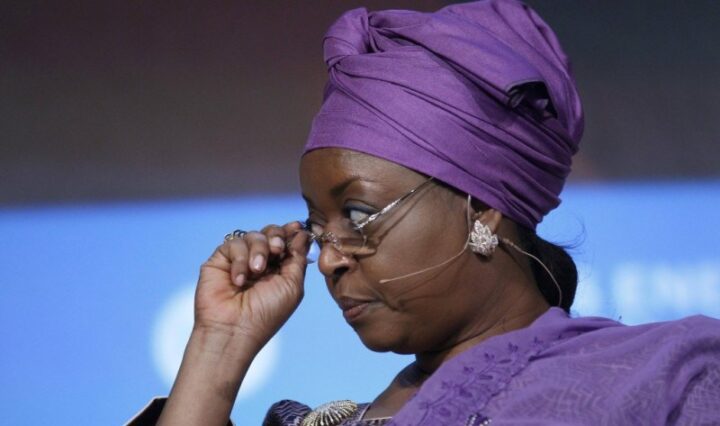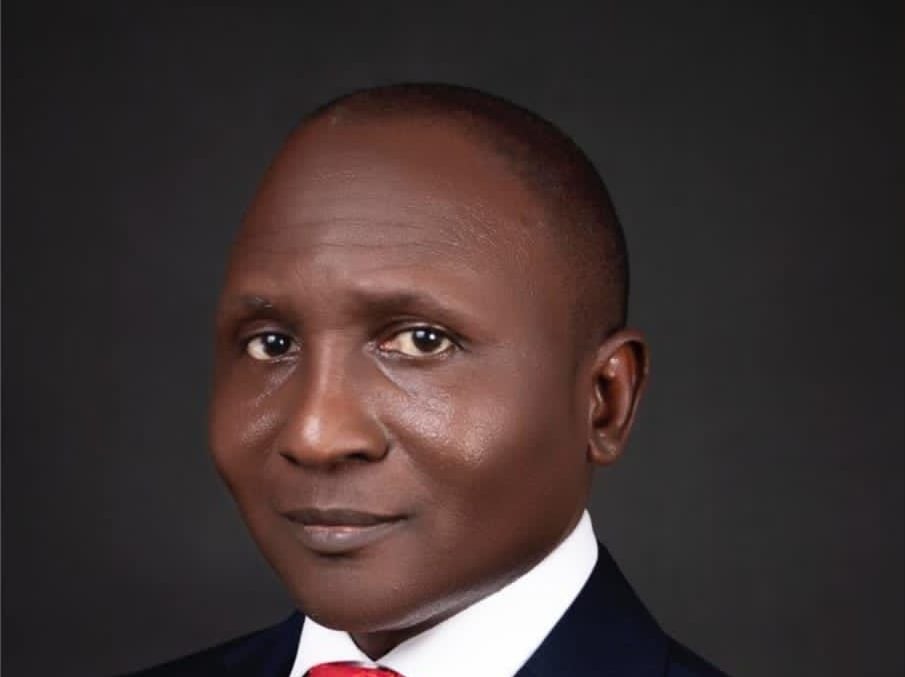In Nigeria, owning a car is regarded as a luxury that is often out of reach for the average citizen. The cost of new cars is exorbitant, and the local automotive industry is unable to meet the demand. As a result, buyers increasingly turn to imported and used vehicles — known locally as ‘tokunbo’, which loosely means ‘from overseas’ in the Yoruba language.
Tokunbo cars are mostly imported from Europe, and the United States and are often cheaper than new cars, serving as a good option for people looking for affordable vehicles.
Nigeria is said to be the third-highest importer of used vehicles from the US, behind the United Arab Emirates (UAE), and China.
Data from the National Bureau of Statistics (NBS) show that the nation’s used vehicle market boomed in the second quarter (Q2) of 2023, with the value of imports reaching N728 billion — up by 708 percent from the same period in 2022.
Advertisement
Analysis by TheCable Index shows that the country imported 99 percent of its used vehicles from the US valued at N721.79 billion, followed by the UAE at N2.12 billion, and Belgium at N1.52 billion.
Imports from Italy and Canada were valued at N1.41 billion and N1.18 billion, respectively.
NBS DATA ‘MISREPRESENTED REALITY’
But the spike in importation as reported by the NBS does not reflect the reality, according to several stakeholders.
John Kalu, a car importer in Apapa port, said the prevailing economic situation is rendering the business largely unprofitable, adding that vehicle importers have been struggling in the past few years.
Advertisement
Kalu said the high level of volatility in the foreign exchange market (FX) “has grossly affected” imports — in spite of the NBS data.
“It is now much more expensive to import cars than before, and this has made them less affordable for Nigerians. As a result, the car import business has declined significantly,” he said.
“In addition to the FX issue, there is also the problem of smuggling. Many people are now smuggling cars into Nigeria from neighbouring countries, where they are cheaper. This is having a negative impact on legitimate car importers like.”
Also faulting the report, Obinna Okechukwu, another car dealer, said it is surprising that the NBS data indicate that more people bought cars in Q2 2023.
Okechukwu said the importation and sales of cars have “been dragging so far” in the country.
Advertisement
This, according to the dealer, explains why the vehicles available are “more expensive”.
“It is better you say more money was made by the government from the importation of cars than to say more people bought cars,” he said.
Another stakeholder identified as Chuks said some of his colleagues sold cars at lower prices to enable them to clear their cargoes at the port due to the changes in FX rate.
“It has been difficult to clear cars at the port because the initial clearing cost has been increased and they now have to be selling old cars at distressed prices so as to clear the ones at the port,” he said.
Advertisement
‘NON-COMPLIANCE WITH POLICIES CAUSING DELAYS IN CLEARING VEHICLES’
Speaking on the concerns of the dealers, Abdullahi Maiwada, national public relations officer of the Nigeria Customs Service (NCS), said the service only implements and aligns with the fiscal policies of the government.
Advertisement
Maiwada accused importers of circumventing the government’s import regulations and the use of the vehicle identification number (VIN) valuation system.
The NCS spokesperson described the VIN protocol as an automated system that defines a vehicle using its identification number to “generate the history of the vehicle and arrive at its capital value”.
Advertisement
“Those who might experience delays in clearing their vehicle, in some cases have to do with issues of undervaluation,” Maiwada said.
“Recently, we issued a system that all vehicles that are trimmed must pass through an examination and manual valuation process. What necessitated that was that people import vehicles that are trimmed with different values and give them a base value.
Advertisement
“For example, if you bought a vehicle for N10 and when you want to declare it, you declare the vehicle as N5, invariably it will affect the duty that will be collected and that is commercial fraud and we regard that as a false declaration.
“That is one factor that contributes to delays in clearing your vehicles at the port. Most of these delays are caused by non-compliance.
“What we expect people to do is to be genuine and declare their vehicle according to what they bought. If you reduce the value of the vehicle, definitely you are going to reduce the revenue that will be collected for the government.”
‘IMPORTERS BEING PUSHED TO THE WALL’
On his part, Jonathan Nicol, president of the Shippers Association of Nigeria, Lagos chapter, said the unification of the FX windows and the floating of the naira by the federal government is making it difficult for importers and exporters to operate.
Responding to the argument of the NCS, he said nobody would violate the customs policies or regulations if they were working with a fair import and export duty rate.
“Nobody will violate customs duty for a reasonable duty assessment,” he said.
“If you buy a vehicle of $1000, which is approximately N600,000 to 700, 000. Normally they used the depreciation effect in vehicle valuation and that is no longer there. That’s why people will want to bring the value down.
“We are of the view that the government should put their economic policy right and nobody will break their laws. If the economic policy is not in place, you don’t push them to the wall and use the term ‘survival of the fittest’, that’s where importers are at the moment.”
FX RATE ‘FUELLING ILLUSION OF MORE PEOPLE BUYING CARS’
Commenting on the NBS data, Nicol said he does not believe that the increase in car imports is due to an increase in demand. He rather linked it to the depreciation of the naira against the dollar.
This, according to Nicol, makes imported cars more expensive in naira terms, even if the number of cars imported remains the same.
He said this can also give the impression that more cars are being bought, even though this is not the case.
“That’s one point. The second point is that we are contributing as much as we can to support the government in the collection of duties, and fines,” he said.
“We agree that the economic policy is not favourable to importers and we also agree that it is even cheaper to import cars from other neighbouring countries like Togo, Cotognu, Ghana etc. But there is nothing wrong if we patronised our port but the exchange rate is now in a free fall.
“When you buy a car of N400,000 and you come to your country and you pay about N3 million to clear it from the port.
“When they bring in these cars we have a lot of problems in this country. Accident vehicles that are brought in go through the free fall market of FX and the rate will be converted and paid in the value of the FX.
“They will even value the cars with the VIN since we don’t have second-hand value and depreciation any more. That will push the volume of the naira up and that’s why you are seeing over 700% increase in importation of used vehicles.
“The FX has not been favourable and people don’t have that kind of money.”
Nicol said the shippers were not considered by the federal government for palliative to cushion the effect of the petrol subsidy removal, adding that the income of Nigerians has been bastardised with many layers of taxation.
Add a comment

